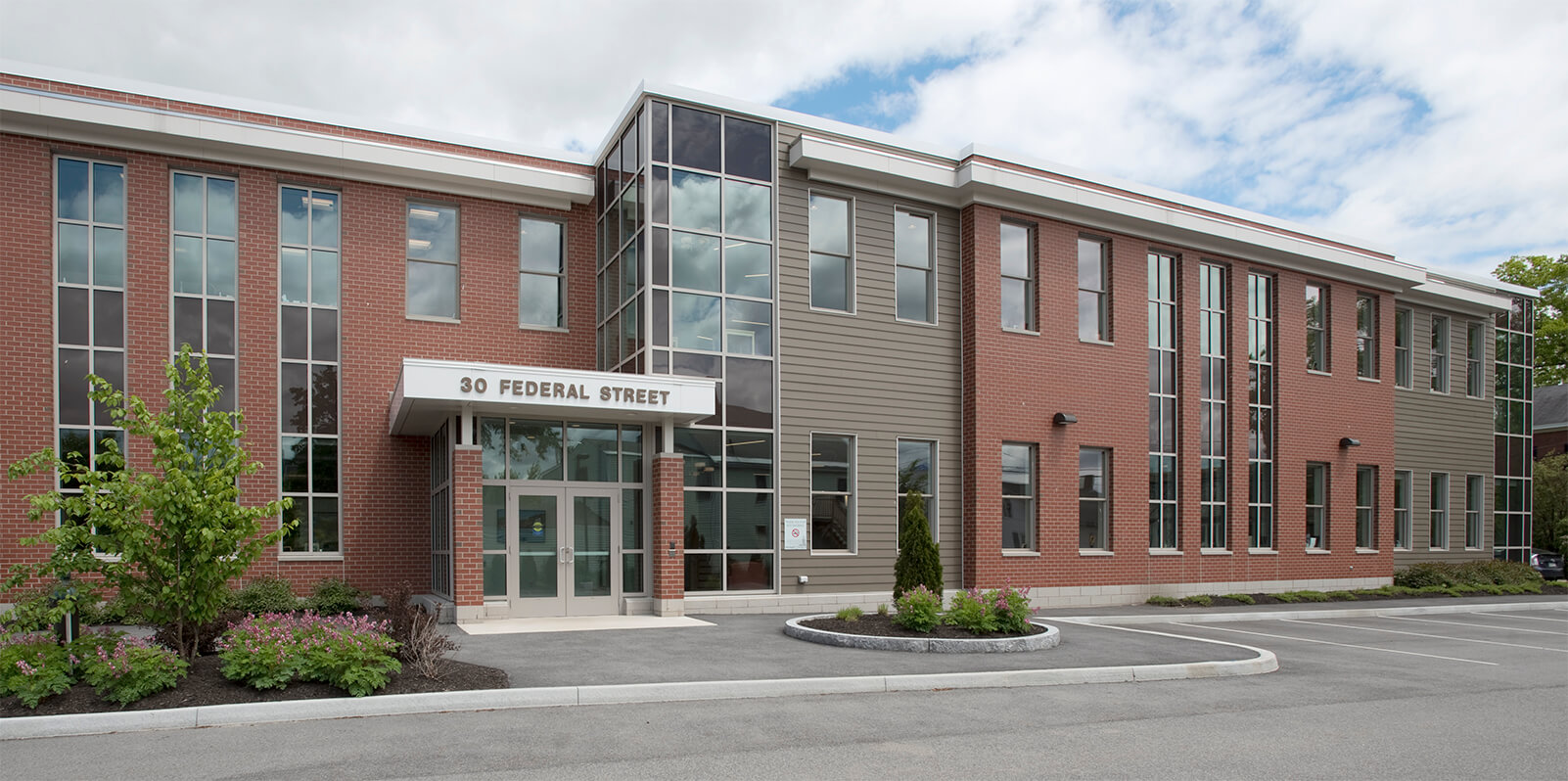March 09, 2022
Good Jobs as a Stepping Stone to an Equitable Economic Future
The CEI Good Jobs Framework

The pandemic jolted the U.S. economy, which today is 5.7 million jobs smaller in size than at its peak in February 2020. Employers are recruiting and retaining workers in a changed landscape, where in addition to the virus, the quality of jobs is driving decisions to stay at or return to a place of employment.
Good jobs mean improved financial performance for businesses, and they also mean greater economic stability for families and stronger local communities. For the nation to truly recover from COVID-19’s economic shock and build a more equitable economic future, there needs to be a systemic shift in how work is defined. If you work hard and full-time (or in multiple part-time jobs), you should have access to a living wage, basic benefits, and a fair workplace.
For the nation to truly recover from COVID-19’s economic shock and build a more equitable economic future, there needs to be a systemic shift in how work is defined.
This shift requires direct investment in, and assistance to, employers to help them identify and implement good jobs practices. It requires public policies that encourage job-quality initiatives. A good jobs future also calls for shifting the public narrative: redefining the image of the successful employer from one who competes by minimizing labor costs, to one who prospers by lifting up employees as valuable assets.
In Maine, more than half of all workers work for small businesses. Maine-based Coastal Enterprises, Inc. is a community development financial institution (CDFI) that takes a multi-pronged approach to the creation of good jobs. We:
1) finance small and mid-sized businesses,
2) coach business owners to help them improve the quality of their jobs, and
3) ensure that jobseekers and workers have the skills to flourish.
To illustrate a good job, CEI developed a tool called the Good Jobs Framework.
Putting CEI’s Good Jobs Framework to Work

CEI’s Good Jobs Framework informs its investment decisions, supportive program activities and policy priorities.
The first priority for a business is to be able to provide its frontline workers with a living wage. One CEI client company that turns food waste into clean energy and fertilizer struggled with high turnover, resulting in overtime costs equivalent to the cost of a full-time truck driver. By providing pay increases to employees across the board, the company was able to do a better job retaining its workers. As a result, it took on new contracts and ultimately doubled its workforce after a year. At other businesses, living wage goals are being met through performance incentives, harvesting targets, and bonus systems.
A focus on good jobs can be an opening to conversations with business owners about changes that would be mutually beneficial to the company and their workers.
After pay, a key element of a good job is to offer basic benefits. Providing paid time off to allow for family care became especially critical during the pandemic, as did having health care benefits.

A growing aquaculture business asked its employees what they needed most after a living wage and, based on their responses, the company instituted a health care stipend where each worker receives a set amount of money each month toward selecting a health care plan from HealthCare.gov. It’s a win-win because there is a shared sense of responsibility for health care, and the company can budget for the expense. The stipend is tax advantaged for both the workers and the business. With its improved jobs, the company was able to retain its workforce and attract new employees. And, as it continues to grow, the company hopes to add a retirement savings program.
A community benefits agreement with a mid-sized employer in Northern Maine, structured as part of an investment by a CEI subsidiary included the provision for on-site child care. And now CEI is helping the employer develop a business plan for the child care center.
The third element of the Good Jobs framework is to offer a fair and engaging workplace, where employees are respected, not just valued, for simply executing on their job tasks. Knowing work schedules in advance, being able to have skills training on-the-job or off-site, posting weekly and monthly production targets and engagement of employees via regular performance evaluations establish a culture of mutual respect and increase job retention. However, at some companies that respect goes further. Recognizing a pool of potential workers in the state’s immigrant community, a food processing facility recognized that they needed to do more than provide well-paying jobs. The company’s job page is in four different languages, including Somali, Arabic and Swahili, in addition to English, and the food that they process is Halal-guaranteed. Their commitment to diversity has made them one of the largest employers of immigrants in Maine.
Looking Ahead
A focus on good jobs can be an opening to conversations with business owners about changes that would be mutually beneficial to the company and their workers. It provides the opportunity to track improvements in job quality alongside the company’s financial performance over time.
Companies meeting metrics in the Good Jobs Framework showed a 47% year over year revenue increase between 2018 and 2019.
The data are beginning to show progress for both employers and employees. Companies in CEI’s venture capital portfolio meeting metrics in the Good Jobs Framework showed a 47% year over year revenue increase between 2018 and 2019. Alternately, companies that have yet to implement good jobs practices only saw a 5% increase in revenue. Good jobs assessment, tracking, and coaching has been built into CEI’s fifth venture capital fund, the Good Jobs Fund, launched earlier this year.

More broadly, the framework can help companies in legacy industries with an eye to the future, such as incubating and investing in climate-friendly aquaculture, including commercial kelp and shellfish businesses, and companies using new technologies that support sustainable forestry practices and expand renewable energy production and distribution. An understanding of and willingness to implement good jobs practices is the scaffolding for a sustainable, equitable economy for the 21st century and beyond.
Originally published in Impact Entrepreneur



